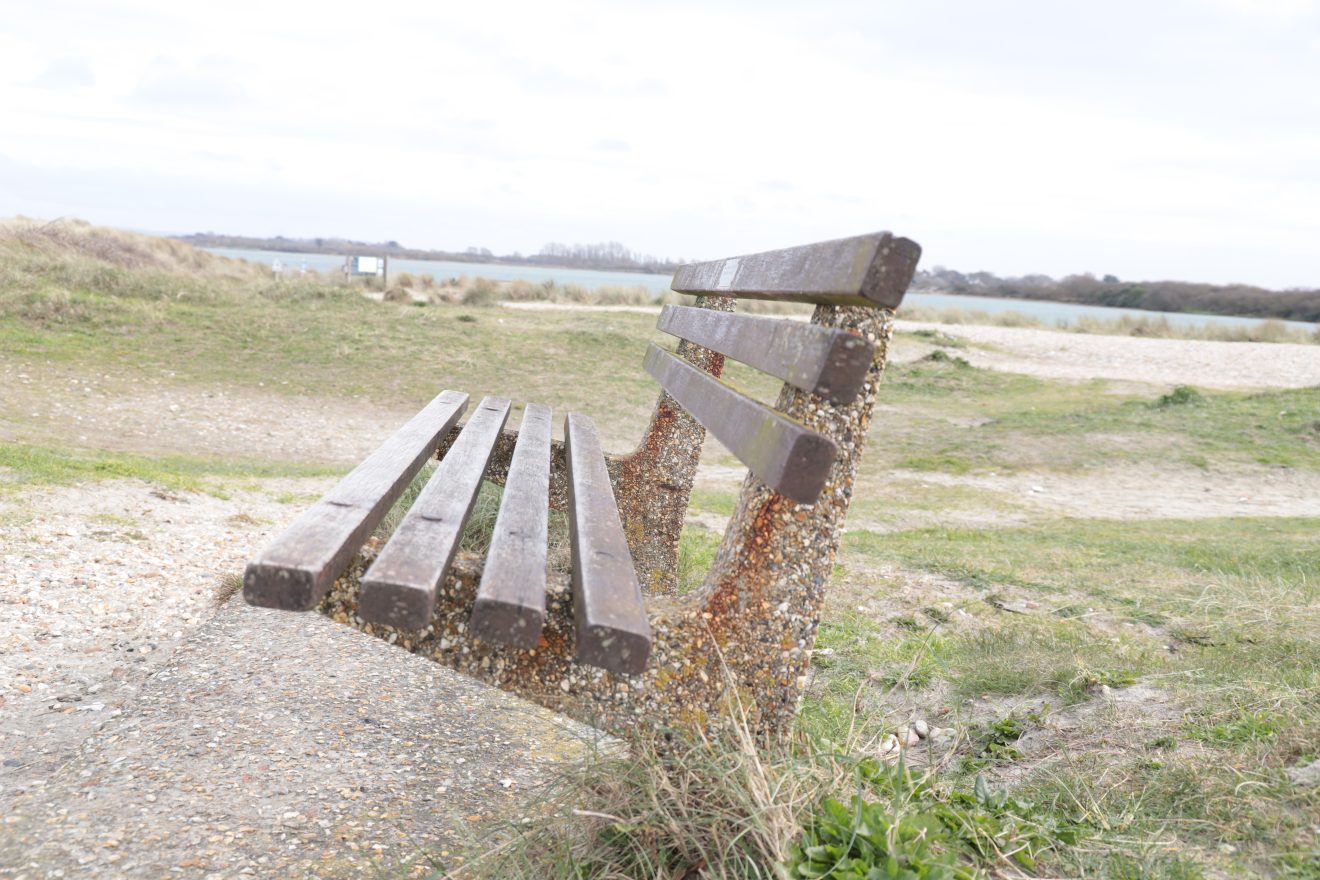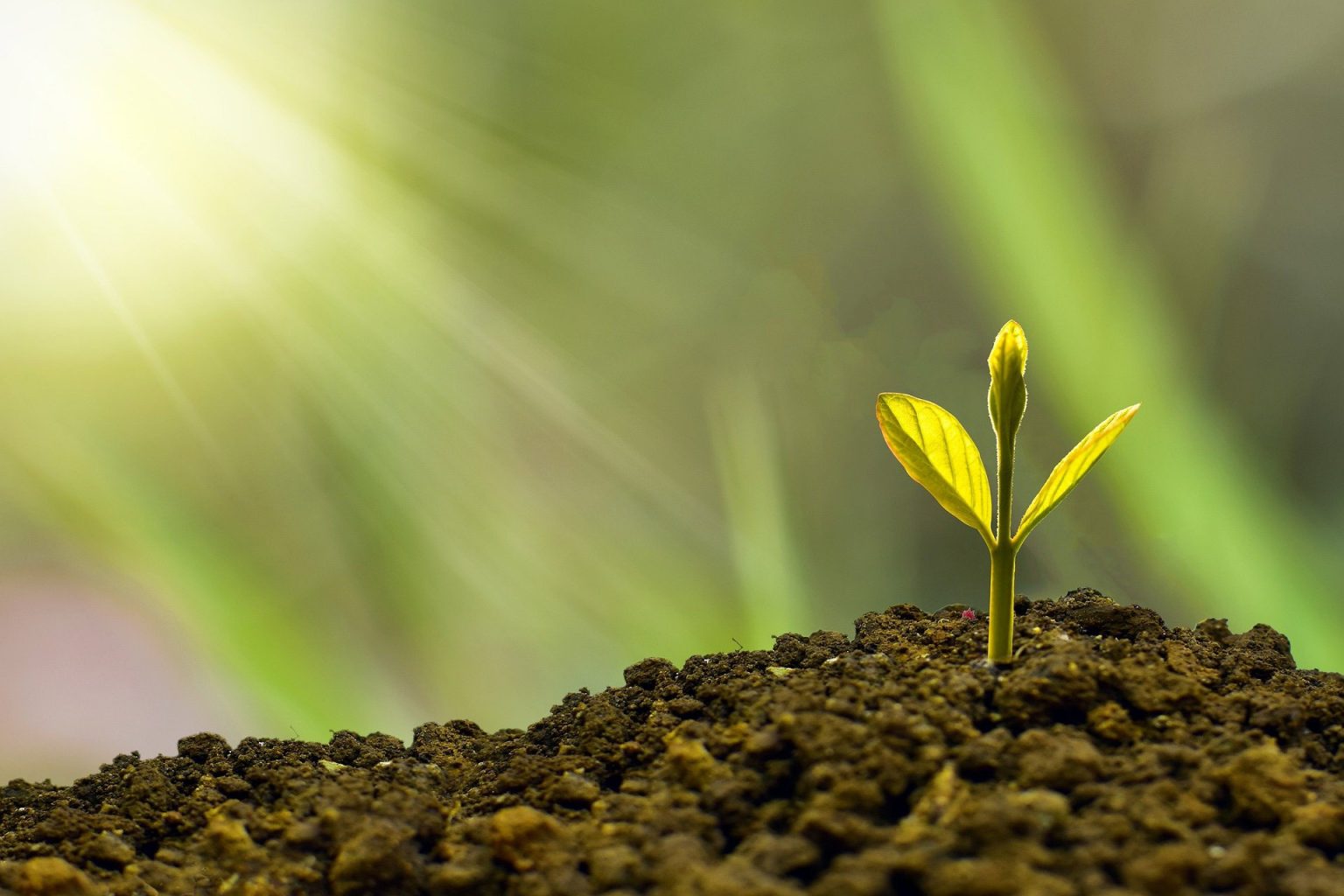|
|
|
|
|
|
|
|
Our Charitable Work
|
All BTC/HTC Practitioners commit at least 25% of their time to the provision of low-cost and no-cost therapy. Any surplus generated from our mainstream work is ploughed back into our charitable services. You can help someone in your community access the support they need by contributing using the button below.
|
|
|
|
|
|
|
|
This Week
|
|
This instalment of our newsletter comes out just after Transgender Day of Visibility, at the beginning of Stress Awareness Month and slap bang in the middle of World Autism Acceptance Week. For that reason, we bring you a bit of a mishmash of content for our 7th issue that we hope you enjoy.
|
|
|
Below you will find a range of events, cultural recommendations, News items and brand new research. We have a thoughtful longer read from our practitioner Steve Morris about autism and therapy, and a practitioner spotlight with our very own Clinical Director Michael O'Rourke.
|
|
|
|
|
|
|

|
Events Calendar
|
|
|
Brighton and Hove
|
|
"Men’s mental health lacks awareness and focus, but with lived experience, empathy and the latest research, host Sophie Corbett will be joined by a panel of experts and speakers who will be lifting the lid on a topic often shrouded in silence.
|
|
The expert panellists will include John Partridge, Guy Lloyd, Dom Thomas, Jon Wilde and Neil Bage, who will be offering expert and anecdotal advice during the evening."
|
|
Got a free evening ahead of you tonight?
|
|
Wednesday 3rd April 2024, 7pm.
|
|
The Lodge, Rockwater, Hove, BN3 4FA.
|
|
Click here for more tickets!
|
|
|
This monthly workshop with local community artist Emma aims to harness your creativity and provide tools for grounding and mindfulness amongst the Whitehawk community food project garden. "You don't need to be an experienced artist just open to enjoying being in nature and exploring art materials."
|
|
Saturday 7th April 2024, 10:30am.
|
|
Whitehawk Community Food Project
|
|
102 Maresfield Road, Brighton, BN2 5ER.
|
|
Click here for more information and tickets!
|
|
Hastings
|
|
"Looking for a safe space to explore gender affirming style? Looking for sustainable style tips on how to create an authentic gender expression? Need new clothes or upcycling ideas - or to just meet pals?
|
|
Join Santi for an interactive gender affirming style workshop."
|
|
Thursday 18th April 2024, 6:30pm.
|
|
Bus Stop Studios, 53 London Road, Saint Leonards,TN37 6AY.
|
|
Click here for more information!
|
|
Online
|
|
"This webinar will provide comprehensive, research-informed insights into autism, specifically tailored for adults who have received a late diagnosis, as well as friends, family, colleagues and employers.
|
|
Understanding autism in adulthood can be a transformative journey, and this 90-minute session will offer knowledge, resources, and a supportive environment for all participants."
|
|
Sunday 28th April 2024, 4pm.
|
|
Click here for more information and tickets!
|
|
|
|
|
|
|
Cultural Recommendations
Autism Acceptance Week
|
|
|
|
|
|
|
|

|
|
In the News
|
|
|
|
|
|
|
|
|
|
|
Yoko Nomura took the opportunity of Hurricane Sandy in 2012 to look at the long term impacts that extreme environmental events can have on our brains and our mental health, from as early as before we are born. Over 10 years later we have the results...
|
|
Check out this alarming deep dive into the connectedness between our minds and the ever changing climate here.n you will see improvements.
|
|
|
|
|
|
|
|
A Few Words: From Practitioner Steve Morris
|
|
|
Autism and Therapy
|
I was asked if I would like to write a brief reflective piece about working with people with autism. First off, I won’t say anything substantial about how autistic people are categorically different from non-autistic people because it’s complicated. People vary so much that the differences within groups are often so much wider and more diverse than the differences between groups. It would be a bit like saying that you are bound to be similar to someone who is the same age, gender, and living in the same street as you – maybe it has some predictive value (most people get along better with people roughly the same age as them) - but only sometimes!
|
For example, you may work as a computer programmer who spends a lot of time happily hyper focused on some detail that is of great interest to you and, if you are lucky, you can incorporate it into your work and get a lot of recognition for it. You might work with people who contribute to an atmosphere of acceptance, and you count them as friends when you go out, from time to time. Or, you might not be working, regularly struggle with altered sensory experiences, find socialising stressful and aren’t sure how you feel a lot of the time. You might both be autistic, but you are two very different people living in very different environments and you might not have much at all in common.
|
|
I have been working in a therapeutic capacity with children, families, and adults for quite a long time now and have met a lot of people who think they are on the autistic spectrum. Taking ownership of neurodiversity is one way in which social attitudes have changed in many ways. There has also been a huge jump in reporting of mental health issues over the last decade and it isn’t all because it has become more acceptable to talk about it. Compared with the non-autistic population, autistic people are twice as likely to struggle with anxiety or depression. These are very large numbers, and each one represents a person struggling in one way or another with meeting the demands of trying to live a reasonable life.
|
|

|
|
Working with autistic people struggling with anxiety or depression, I have noticed that therapy is often slower, that it takes
|
|
longer to get along with one another and
|
more issues need negotiating than with other clients. Part of the reason for that slowing down is that it takes longer to notice how someone might be spending a lot of their mental effort on coping, trusting, and suppressing feelings. That is something I am trying to hold onto – how can I adapt the way I work to make it easier for autistic people?
|
A big predictor of whether therapy will be helpful is motivation and engagement. By getting engaged in the process, gradually people notice that they are gaining a better understanding of the difficulties they face and what makes the thing they struggle with so hard. This changes expectations from wishing things away towards doing more about it, accepting the challenge, and seeing it differently. Working with people who are autistic is as wide-ranging as with other people because for the engagement to work, the client has to feel heard and understood which can be a slow process littered with obstructions – but in every case the aim is to try and find a way through.
|
|
I think about all therapeutic encounters from a relational perspective because it makes the work so much more meaningful than reading a self-help book, for example. Relationships, social interaction, and communication can be central areas of difficulty for many autistic people, but I aim to maintain a stance of curiosity, compassion, sensitivity. When therapy goes well, it means a great deal to everyone involved. I would encourage anyone who is autistic and struggling with mental health issues to seek therapy. Tell the therapist anything you can about what you think you need; once you find the right therapist then you will see improvements.
|
|
|
|
|
|
Book your Initial Consultation
Hastings Therapy Centre and Brighton Therapy Centre have vacancies for therapy throughout the week. We offer individual, relationship and group therapies.
|
We also have a limited number of low-cost appointments available.
|
Book your consultation now:
|
|
|
|
|
|
|
|
|
|
|
"My therapist made a big difference to my mental health with very personalised and insightful observations rather than some of the unhelpful generic advice I have had before. I came away with a better understanding of what has caused my issues and although I can still struggle with my mental health, I feel less isolated, and my feelings and reactions are less upsetting."
|
|
|
|
|
Practitioner Spotlight
|
|
|
|
Meet Michael O’Rourke - Clinical Director and therapist across both our Brighton and Hastings locations.
“I came to the work of psychotherapy after a first career in the commercial/business sector. Therapy has always interested me, and my first course in counselling was when I was in my mid-20s, but I felt I had too much living to do before committing to anything as grown-up as psychotherapy. My training was formally integrative, but I tend to practice in a psychodynamically-informed way.
I have a special interest in working with men, particularly at the intersection of trauma and addiction. And as a member of the LGBTQ+ community, I find working with similarly identified clients particularly rewarding.
Therapy is meaningful work, and while I wouldn’t describe it as enjoyable because of working with significant levels of individual distress, being in a position to support someone as they hopefully transcend their pain is fulfilling and life-affirming.
|
|

|
Since training to be a therapist I have continued learning and developing in many areas of therapeutic practice. I am currently undertaking a PhD thesis on disclosure in the therapeutic dyad. Grappling with if, how and when to disclose personal information is exciting - it’s a big topic and one that I’m enjoying exploring.
I’m also in the process of training to be an EMDR practitioner - this is a valuable tool when working with trauma. I’m also trained in couples’ work and as a therapy supervisor. I can say with absolute conviction that there are no limits to our learning in this exciting and meaningful profession.”
|
|
|
|
|
|
Follow us on Social Media
|
|
See what us and our community are discussing on our social media pages and join the conversation!
|
|
|
|
|
|
|
|
|
|
Have Your Say
|
|
Let us know if you're enjoying the newsletter, what you'd like to see in future editions, or any cultural recommendations you might have!
|
|
|
|
|
|
|
|
|
|

|
Meet our Practitioners
|
Browse the practitioners who offer therapeutic services from a range of modalities and specialities
|
|

|
Meet our Employed Team
|
Meet the friendly team behind BTC and HTC who will help you find the help you may need
|
|

|
Meet our Trustees
|
Meet our trustees who offer their valued experience and knowledge to support our charity
|
|
|
|
|
|
|
|
|
2nd Floor, 17 Havelock Road
|
|
|
|
|
|
|
|
|
Charity Number: 1150032 | Company Number: 07791021
|
|
|
|
|